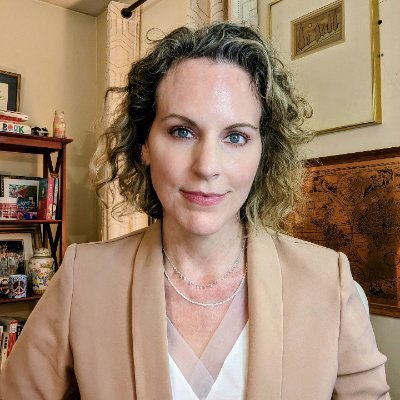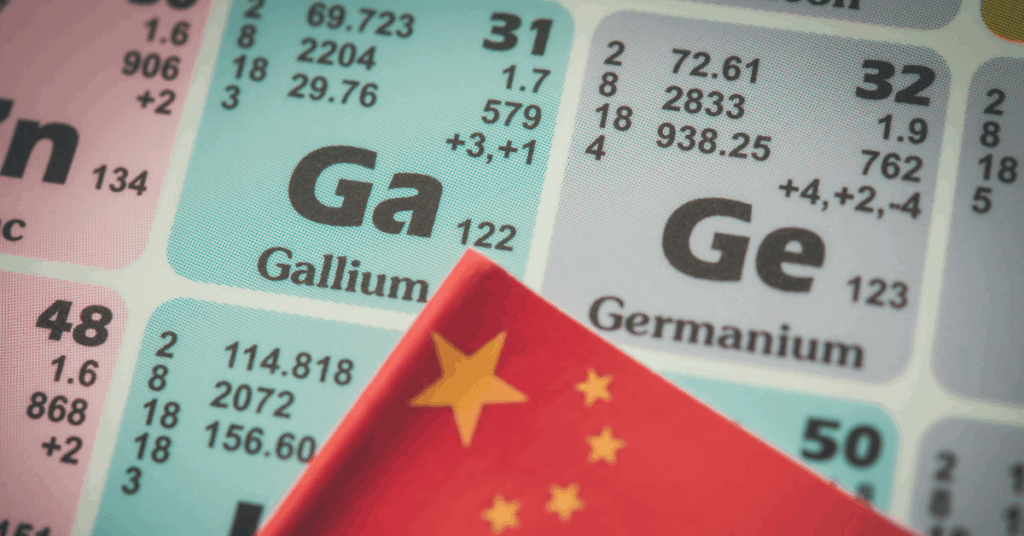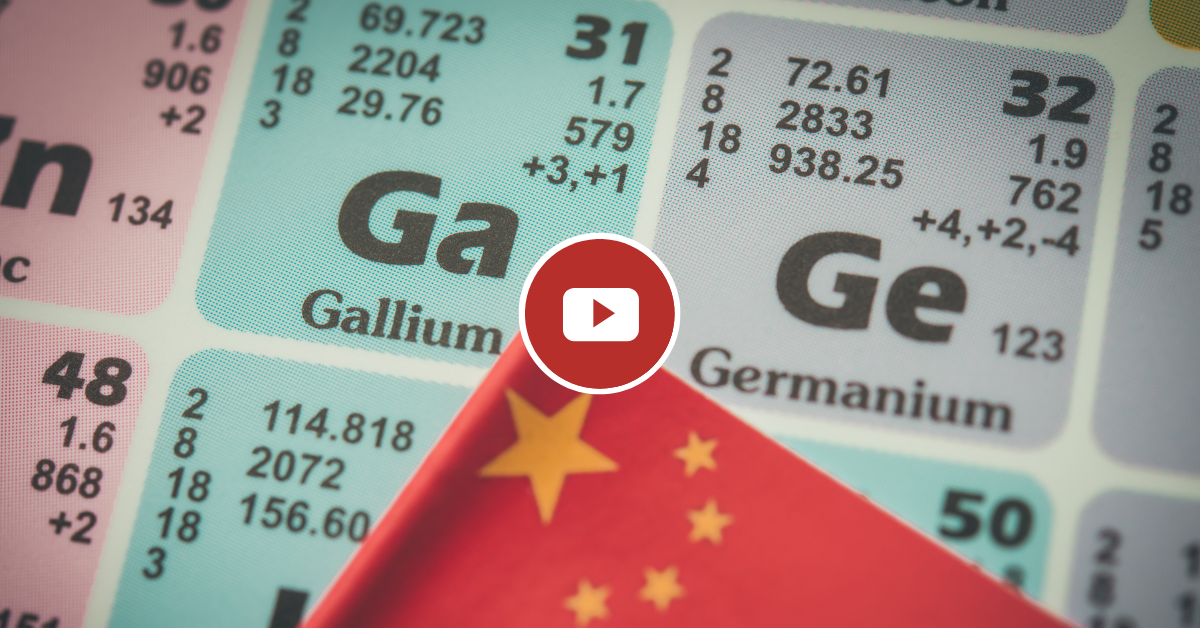Monday, July 28, 2025
Critical minerals have become a cornerstone of economic and geopolitical competition, essential to technologies from EVs to advanced defense systems. China’s dominance in the sector reflects decades of strategic planning and global shifts in supply chains. This conversation examines how China attained its current position, the scale of its capacity, and why these minerals are so vital to national security and the energy transition. It also considers how recent global disruptions, including the war in Ukraine, COVID-19, and the U.S.-China trade war, have exposed strategic vulnerabilities in mineral supply chains. In response, the United States and its partners are seeking alternative supply chains through multilateral initiatives and emerging technologies to reduce dependence on China. As the global demand for critical minerals surges, policy choices made now will shape the future of technological leadership and economic resilience.
Speakers

Anna Ashton
Anna Ashton is the founder of Ashton Analytics, an international trade and development consultancy focused on China’s geopolitics and economic policy. She also serves as an adjunct professor at Georgetown University, teaching the geopolitics of critical minerals. Previously, Ms. Ashton was senior fellow for trade, investment, and innovation at the Asia Society Policy Institute. She also served as vice president for government affairs at the U.S.-China Business Council. Earlier roles include senior manager for China policy at the U.S. Chamber of Commerce, policy analyst at the U.S.-China Economic and Security Review Commission, associate attorney at Perkins Coie LLP, and China analyst at the U.S. Department of Defense.
Ms. Ashton holds a J.D. from Georgetown University Law Center, an M.A. in East Asian languages and civilizations from the University of Colorado Boulder, and a B.A. in Chinese studies from Wellesley College. She is a member of the National Committee.

Cory Combs
Cory Combs is associate director at Trivium China, where he oversees research on climate, energy, and industrial policy, and leads supply chain risk advisory services. In this role, he advises governments, multinational manufacturers, mining companies, and investors on China strategy and policy. Previously, Mr. Combs served in the U.S. Department of Energy’s loan programs office, managing a $20 billion clean energy investment portfolio. He is a contributing author to the Springer Nature Handbook of Climate Change Mitigation and Adaptation (4th ed.) and publishes regularly on Chinese industrial policy, energy reform, and critical minerals investment.
Mr. Combs received his M.A. from Johns Hopkins SAIS and his B.A. in astrophysics and philosophy from Yale University. He previously served as a Yale-China fellow in Changsha, China, and is a two-time recipient of the Starr Excellence in China Studies Fellowship at SAIS. He is a member of the National Committee.
Moderator

Jessica DiCarlo
Jessica DiCarlo is an assistant professor of geography in the School of Environment, Society and Sustainability and member of the faculty of Asian Studies and Environmental Humanities at the University of Utah. Her research focuses on development, issues at the environment-society nexus, and China’s global engagements. She has conducted research on infrastructure, critical minerals, land and resource politics, disasters, rural livelihoods, public health, and U.S.-China competition. Previously, Dr. DiCarlo was a postdoctoral fellow at the University of British Columbia, a Global China fellow at Boston University’s Global Development Policy Center, and a USAID Research and Innovations Fellow in India.
Dr. DiCarlo earned her Ph.D. in geography from the University of Colorado, Boulder, an M.A. in development studies from the University of California, Berkeley, and a B.A. in international studies and political science from Pepperdine University. She is a 2023-25 Public Intellectual Program (PIP) fellow at the National Committee.

